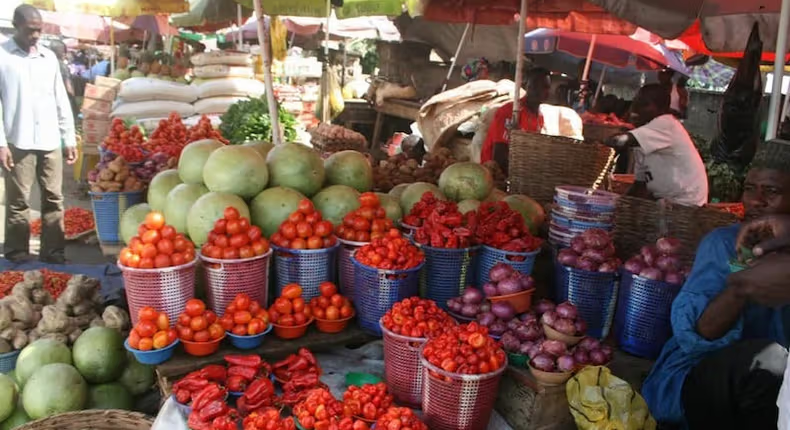According to the National Bureau of Statistics (NBS), the National Average Cost of a Healthy Diet (CoHD) per adult per day stood at ₦1,255 in August 2024. This figure represents a 0.8% decrease from July’s cost of ₦1,265.
Understanding the CoHD
The CoHD is defined as the least expensive combination of locally available items that meet globally consistent food-based dietary guidelines. It serves as an indicator of both physical and economic access to healthy diets, although it excludes transportation and meal preparation costs.
Regional Variations
In August, the highest average CoHD was recorded in the South-West region at ₦1,554 per adult per day, followed by the South-South at ₦1,381. Conversely, the North-West had the lowest average at ₦1,014 per adult per day.
At the state level, Ogun, Lagos, and Rivers reported the highest CoHD at ₦1,641, ₦1,615, and ₦1,572, respectively. In contrast, Katsina recorded the lowest CoHD at ₦880, followed by Kaduna at ₦951, and Sokoto at ₦980.
Trends Over Time
The CoHD has seen a steady increase over the past six months, rising 28% from ₦982 in March 2024. This trend reflects the rising costs of essential food groups, particularly legumes, nuts, seeds, starchy staples, and vegetables.
While there was a monthly decline of 0.8% from July to August, the prices of vegetables saw a notable drop of 14.5%.
Cost Breakdown by Food Groups
Animal-source foods were identified as the most expensive category in August, comprising 37% of the total CoHD but only providing 13% of total calories. In comparison, fruits and vegetables accounted for 11% and 14% of the total CoHD, respectively, despite contributing only 7% and 5% of total calories.
Legumes, nuts, and seeds emerged as the least expensive food group, making up only 7% of the total CoHD.
Comparison with Inflation
The NBS noted that the CoHD has risen at a pace faster than both general inflation and food inflation in recent months. However, it clarified that the CoHD and the food Consumer Price Index (CPI) are not directly comparable due to differences in their composition and measurement metrics.
Overall, the report underscores the challenges facing Nigerians in accessing a healthy diet amid rising food costs and varying regional disparities.



